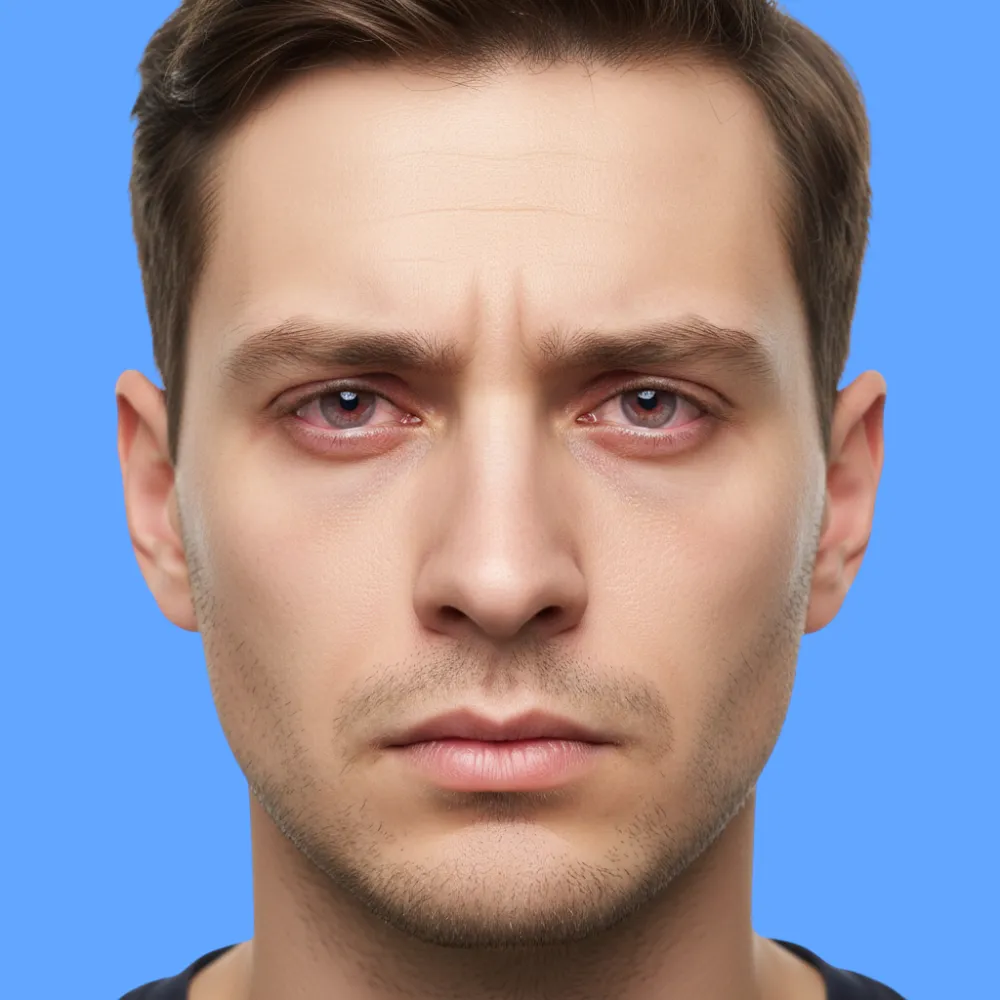What is glaucoma?
Glaucoma is considered one of the diseases that affect the eye and gradually damage the optic nerve, which may lead to vision loss if not detected early.
It often occurs due to increased pressure inside the eye, but it can also appear with normal pressure and is known as one of the leading causes of blindness worldwide.
Causes of glaucoma
The most common causes of glaucoma include:
- Increased eye pressure due to fluid buildup.
- Aging.
- Family history of the condition.
- Chronic diseases such as diabetes and high blood pressure.
- Previous eye injuries or surgeries.
- Long-term use of certain medications like corticosteroids.
- Thin cornea or congenital eye abnormalities.
Symptoms of glaucoma

Common symptoms that patients may experience include:
- Gradual loss of peripheral vision.
- Seeing halos or colors around lights.
- Severe and persistent headache.
- Eye pain or discomfort around the eye.
- Blurred or cloudy vision.
- Eye redness.
- Nausea or vomiting in severe cases.
How is glaucoma diagnosed?
Glaucoma is diagnosed through a comprehensive eye examination that includes measuring eye pressure, examining the optic nerve using advanced imaging devices, and performing a visual field test to detect any peripheral vision loss. Early diagnosis is essential to prevent complications.
Treatment of glaucoma
Several treatment options for glaucoma include:
- Eye drops to reduce internal pressure.
- Oral medications when necessary.
- Laser therapy to improve fluid drainage.
- Surgical intervention in advanced cases.
- Vision rehabilitation programs to maintain quality of life.
- Regular follow-up with an eye specialist to adjust treatment.
When should you see a doctor?
You should seek medical attention immediately if you experience any of the following:
- Sudden or gradual vision loss.
- Severe eye pain that does not go away.
- Intense headache accompanied by blurred vision.
- Seeing colors or halos around lights.
- Unusual eye redness.
- Nausea or vomiting associated with eye symptoms.
Tips for preventing the disease
Recommended preventive measures include:
- Regular eye checkups, especially after age 40.
- Maintaining normal blood pressure and blood sugar levels.
- Exercising regularly to improve circulation.
- Avoiding excessive use of medications that affect the eyes without medical advice.
- Wearing protective eyewear during sports or activities that may cause eye injuries.
- Eating a healthy diet rich in vitamins beneficial for eye health.
Frequently Asked Questions
Does glaucoma cause blindness?
Yes if not treated early.
Can glaucoma be cured?
Complete cure is not possible, but it can be controlled.
Is glaucoma related to eye pressure?
It usually occurs due to high eye pressure.
Does glaucoma have clear symptoms?
Not at first symptoms appear in later stages.
Article Summary
Glaucoma is an eye disease that gradually damages the optic nerve and is often linked to increased eye pressure, making it one of the main causes of vision loss if not detected early.
Treatment includes medications, laser, and surgery, with regular checkups essential to reduce complications and preserve vision.